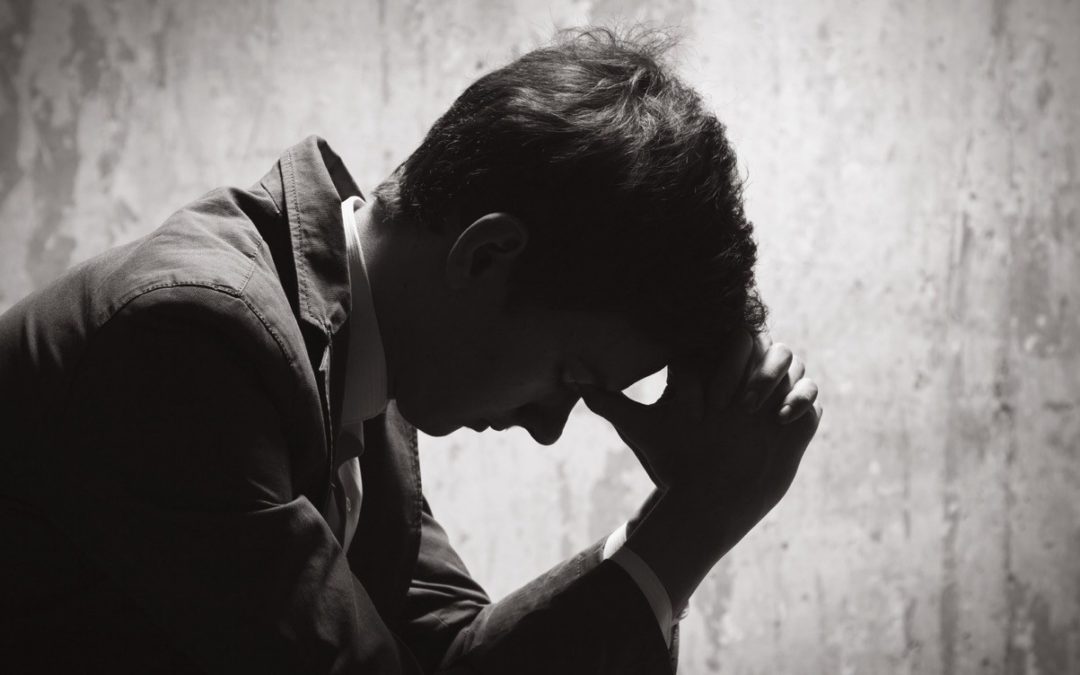Are "stages of grief" scientifically correct?

From stages of sadness to stages of moral growth, theories of the stages have little supporting evidence
Denial, anger, bargaining, depression, acceptance.
These stages of grief were introduced into popular culture by the Swiss psychiatrist Elisabeth Kubler-Ross in the 1960s based on her studies of the emotional state of the dying patients - often as a reference without explanation.
In any case, there is no clear evidence that most people go through these stages most of the time in this order or in a different order. Russell B. says. Friedman P. Friedman, executive director of the Recovery Foundation of Grief in Sherman Oaks, California.
( www.grief-recovery.com ), co-author of the Guide to Recovering from Sorrow with John W. James (HarperCollins Publishers, 1998): "There is no study that has demonstrated the stages of grief and should not be called These emotions are stages. Sadness is the natural emotional reaction to loss .... It does not matter how much people want to develop simple and easy guidelines for human grief. The fact is that there are no fixed stages of sadness that apply to people or relationships. "
Friedman's assessment stems from his daily observations of people experiencing grief in his work. This analysis is confirmed by psychologist at the University of Memphis Robert A. Neimeyer. He concluded in his research paper " Restoring the Meaning and Experience of Loss" (published by the American Psychological Association in 2001): "Scientific studies have clearly failed to provide any support for the idea of a clear sequence of emotional stages to adapt to the absurdity and failed to identify any clear end of grief To be called healing. "
However, the desire to shorten the complexities of life into simple and elegant stages is irresistible. Psychologist Sigmund Freud insisted that we are going through 5 stages of sexual psychological development: oral, anal, male penis, cumin, genital.
Evolutionary psychologist Erik H.Erikson presented a counter-theory that included eight stages: confidence and mistrust, self versus shyness and doubt (initiation of walking), initiative vs. guilt (pre-school), productivity versus inferiority ), Definition of ego vs. confusion in roles (adolescence), intimate relationships versus isolation (youth), generation versus recession (middle age), integration versus despair (aging).
The psychology of Harvard University Lawrence Kohlberg assumes that our moral development evolves through six stages: parental punishment, selfishness of pleasure and pleasure, peer pressure, law and order, social contract and conscience based on principles.
Why do we need stages? We are a genus of primate we like to narrate stories and look for a regular pattern in an attempt to understand an chaotic and unexpected world. The phase theory works in a similar fashion to the species classification or to the evolutionary chain chart. The stages are well suited to the historical sequence and contribute to the development of narrative patterns of stories.
Social psychologist Carol Tavris, author of "The Misjudgment of Women" (1993) and co-author of "Mistakes (but not before me) have been made" with author Elliot Aronson: A system of chaos, predictability rather than uncertainty, optimism rather than despair. "
One of the favorite things in the theories of the stages is that she tells a story that gives us an account that we can live like (you feel this now but soon you will feel something else ...). There has been a lot of work on the importance of storytelling in cognitive psychology as in narrative psychotherapy. Some therapists turn this idea into reality and help patients transform a negative and defeatist narrative (see everything you have suffered) into a positive narrative (not only survived but won). "
What is wrong with the theory of stages? "In evolutionary psychology, the idea that there are predictable stages of life is a forgotten idea. These phase theories reflect the times in which people lived their lives as expected: they marry early, have children who are still young, then work, work, and work. They may then go through a midlife crisis after retirement.
These road theories have gone away with changes in the economic and social conditions that have hit our life expectancy. "
"These theories impose guilt and pressure on people who do not feel the feelings they think they should feel because of these theories. For this reason, people who undergo any kind of psychotherapy adopt the idea of inevitable stages must be skeptical and cautious "
The stages may be real stories for those who tell the story, but this does not make them real for science.
Source
Source








0 Comments